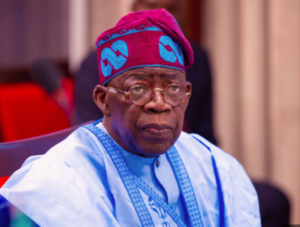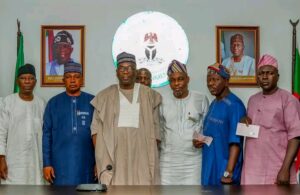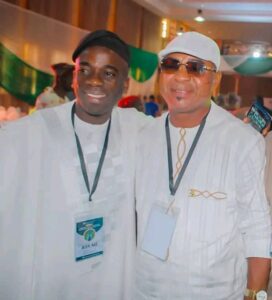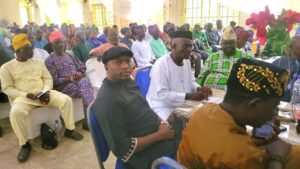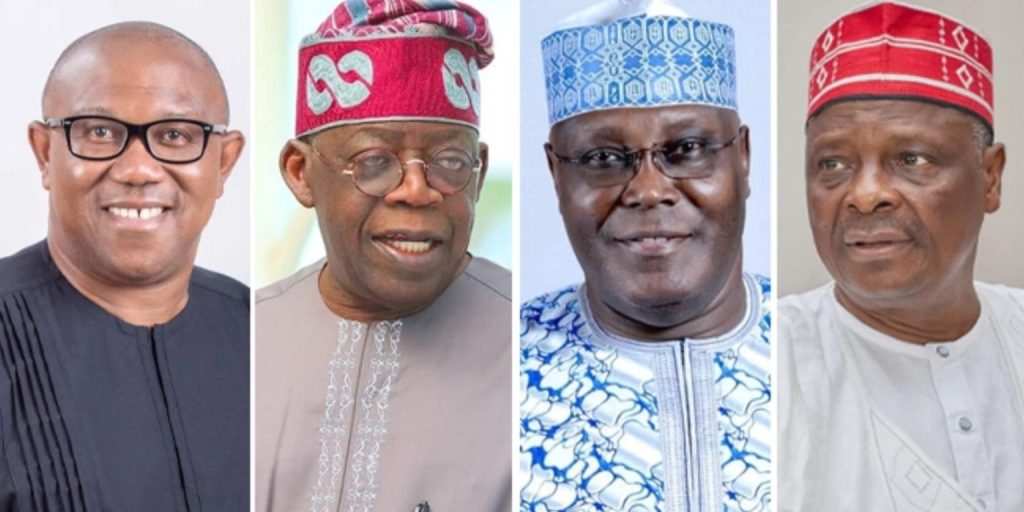
As Nigeria approaches the 2027 presidential election, political discussions and strategies are heating up. Central to these conversations are President Bola Ahmed Tinubu and leading opposition figures Atiku Abubakar, Peter Obi, and Rabiu Kwankwaso.
Opposition Discusses Strategy
In the wake of the 2023 elections, where a fractured opposition failed to unseat Tinubu, there is an increasing awareness of the necessity for unity. Ibrahim Abdullahi, Deputy National Publicity Secretary of the Peoples Democratic Party (PDP), previously stated that better management of internal conflicts within the party might have kept Obi and Kwankwaso from leaving, potentially changing the election results.
Abdullahi emphasized that ongoing discussions aim to establish a formidable alliance to challenge the ruling All Progressives Congress (APC) in 2027. However, some analysts express skepticism about the opposition’s prospects.
Activist lawyer Deji Adeyanju cautioned Atiku, Obi, and Kwankwaso against pursuing another presidential bid, suggesting that even a united front could struggle against Tinubu’s substantial political influence and Nigeria’s electoral system.
Calls for Broader Alliances
Beyond the trio, some are advocating for a more expansive opposition coalition. Salihu Lukman, a former National Vice Chairman (North-West) of the APC, has called on leaders like former Vice President Yemi Osinbajo, Rotimi Amaechi, Kayode Fayemi, and Nasir El-Rufai to join forces with the opposition. He stressed that personal ambitions must be set aside to build a strong political entity capable of challenging the APC’s dominance.
Ruling Party’s Position
Within the APC, attitudes are both confident and cautious concerning the 2027 elections. The party acknowledges the potential for the opposition to regroup but maintains that President Tinubu’s administration will continue to fulfill its promises, securing public support.
Kano APC Publicity Secretary Ahmed S. Aruwa dismissed any concerns about Tinubu’s re-election prospects, arguing that Atiku Abubakar’s political career is nearing its end and downplaying Kwankwaso’s relevance. “Kwankwaso has no political party at the moment,” Aruwa stated, asserting that his popularity in the North is overstated compared to the achievements of Tinubu’s administration.
Insights from Analysts on the 2027 Elections
Predictions regarding the 2027 elections are varied. Political analyst Abdullahi Abba expressed support for an Atiku presidency, citing his extensive political experience and network of supporters across Nigeria. “His previous roles, including serving as Vice President, have solidified his connections within the party and the broader political landscape,” Abba explained. However, he warned that internal dynamics within the PDP could pose challenges.
Dr. Sa’id Dukawa, a political scientist at Bayero University Kano, offered a broader perspective, suggesting that the 2027 election will feature intense competition among all major political players. “Cross-carpeting and political alliances are at an all-time high,” he remarked.
Public Sentiment and Future Prospects
As political maneuvering intensifies, Nigerians remain divided in their expectations. Many call for a government capable of effectively addressing insecurity, economic instability, and corruption. Observers note that it may be difficult for Tinubu to maintain power unless significant improvements occur.
Umar Ibrahim Umar, Executive Director of War Against Injustice, warned that the economic hardship stemming from Tinubu’s reforms could undermine his chances in 2027. “The economic reforms have caused more hardship than relief,” he stated.
Challenges Facing Voters in the North
Many Northerners are still undecided about their voting preferences as the election approaches. A number of Keke Napep riders, frustrated by skyrocketing petrol prices, expressed disillusionment with the current government. The cost of petrol has soared to over ₦1,000 per liter, forcing some to abandon their financial commitments.
One rider lamented, “Now a liter of petrol goes for over ₦1,000, and it doesn’t even last.” Another added, “We are looking for food. Who has time to vote?”
Despite increased campaigning efforts from Tinubu’s cabinet and reports of falling food prices in some Northern markets, public skepticism remains high regarding the re-election of the current administration. This uncertainty leaves many contemplating alternatives from the PDP, NNPP, or even the LP as they prepare for the upcoming election.


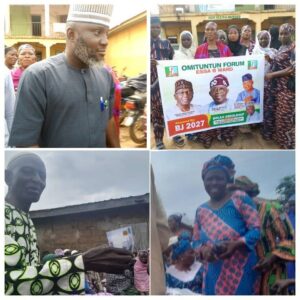
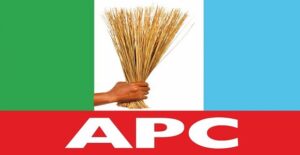
![[PHOTOS] MOK Movement Disburses ₦300,000, Distributes Food Items to the Aged in Offa During Weekly Empowerment Programme](https://newsbulletin.com.ng/wp-content/uploads/2025/10/FB_IMG_1760379043455-300x300.jpg)
